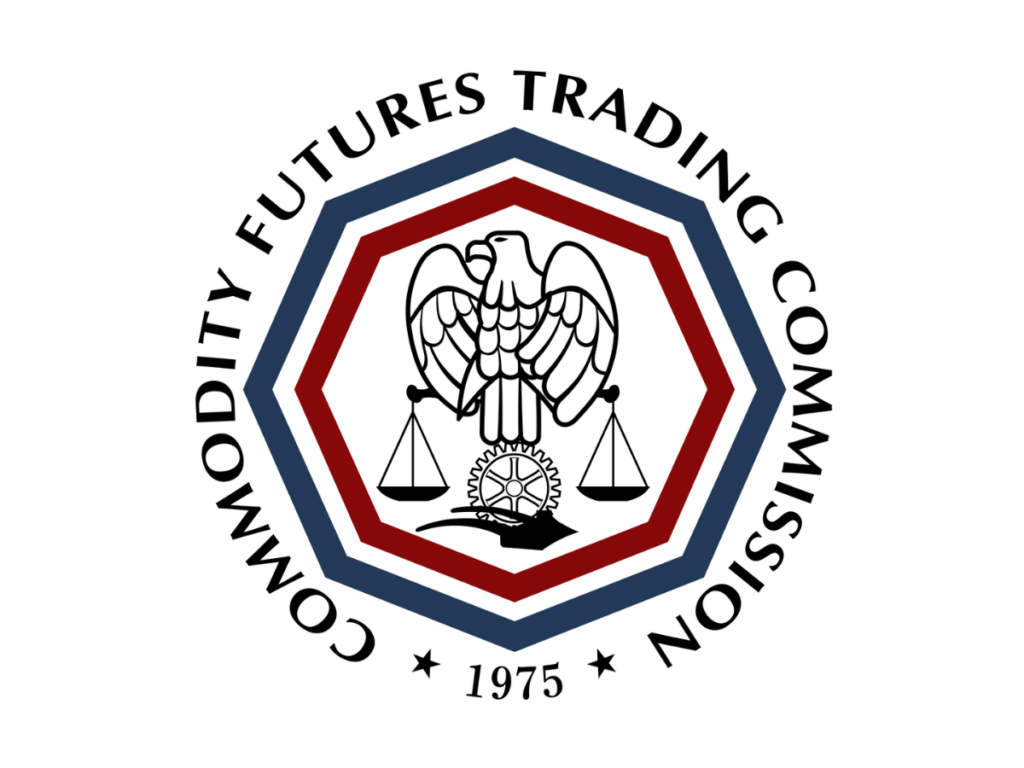CFTC accuses Cryptobravos of utilizing deceptive trading tactics to steal tens of millions from victims worldwide, including the US.
A civil enforcement action has been brought by the Commodity Futures Trading Commission (CFTC) against people and organizations connected to Cryptobravos. They are charged with a large-scale fraud plot.
The CFTC claims that the defendants used a variety of trading aliases to deceitfully solicit and steal tens of millions of dollars from hundreds of people across the globe, including the United States.
Deceitful Manoeuvres: Cryptobravos’ Erroneous Declarations to Funders
The U.S. District Court for the District of New Jersey received the complaint from the CFTC. It names Or Patreanu of Israel, Snir Hananya of Italy, Elijah Samson of Germany, Artem Prokopenko of Ukraine, and Expected Value Plus Ltd., a Seychelles-based business, as defendants. Together, they operate under the Cryptobravos brand.
Along with these trading identities, the accused entities are also known by Trade2Get, Coinbull, Cryptonxt, Tradenix, Cryptobravos, Nittrex, Pinance, and Wobit.
The CFTC claims that the defendants orchestrated a global fraudulent conspiracy involving activities in Israel, Ukraine, Albania, South Africa, and other locations between about January 2017 and October 2021.
Their business model entailed requesting money from people, mostly Americans, in the form of bitcoin and other currencies. The money was supposed to be used to set up managed accounts for the purpose of trading digital asset commodities, namely bitcoin.
CFTC Pursues Justice in Cryptobravos Case: Restitution and Penalties
Agents for Cryptobravos misrepresented a number of important details to prospective investors. It stated that consumers may withdraw their money whenever they wanted to, and it guaranteed risk-free returns. It also promised that the customer funds would be used for trading activities. But according to the CFTC, these statements were nothing more than dishonest strategies.
The truth is that the defendants never traded bitcoin or any other digital asset commodity on behalf of their clients. According to the CFTC, they never provided the promised returns. Rather, they hoarded client money.
Moreover clients were frequently urged to take money out of retirement accounts, borrow money to make more deposits, or pay imaginary taxes or commissions. The majority of users who made deposits with Cryptobravos did not receive their money back.
In reaction to these accusations, the CFTC is requesting a number of different types of remedy. In addition to civil monetary penalties, trading and registration restrictions for the guilty, compensation for victims, disgorgement of unjustly acquired earnings, and a permanent injunction against future violations of the Commodity Exchange Act (CEA) and CFTC regulations are all included.

International Cooperation: Organizations Join Forces to Fight Coin Fraud
The CFTC’s Director of Enforcement, Ian McGinley, highlighted the case’s international cooperation, saying, “This case is a triumph of international cooperation.” Fraudsters in our markets can be certain that we will prosecute them no matter where they are by looking at the list of agencies who supported the Division of Enforcement’s investigation.”
The Albanian Financial Supervisory Authority, the Alabama Securities Commission, the British Columbia Securities Commission, the Financial Supervision Commission of Bulgaria, the Cyprus Securities and Exchange Commission, the Czech National Bank, the Securities and Futures Commission of Hong Kong, the Central Bank of Hungary, the Israel Securities Authority, the Liechtenstein Financial Market Authority, and the Ontario Securities Commission are just a few of the international organizations that the CFTC thanks for their assistance with their investigation.
Finally the matter is being handled by the CFTC’s Division of Enforcement, which is led by staff members Michael Cazakoff, Jack Murphy, K. Brent Tomer, Lenel Hickson Jr., and Manal M. Sultan. Jennifer Diamond from the Office of Chief Counsel, Division of Enforcement, was also a great help with the investigation.











